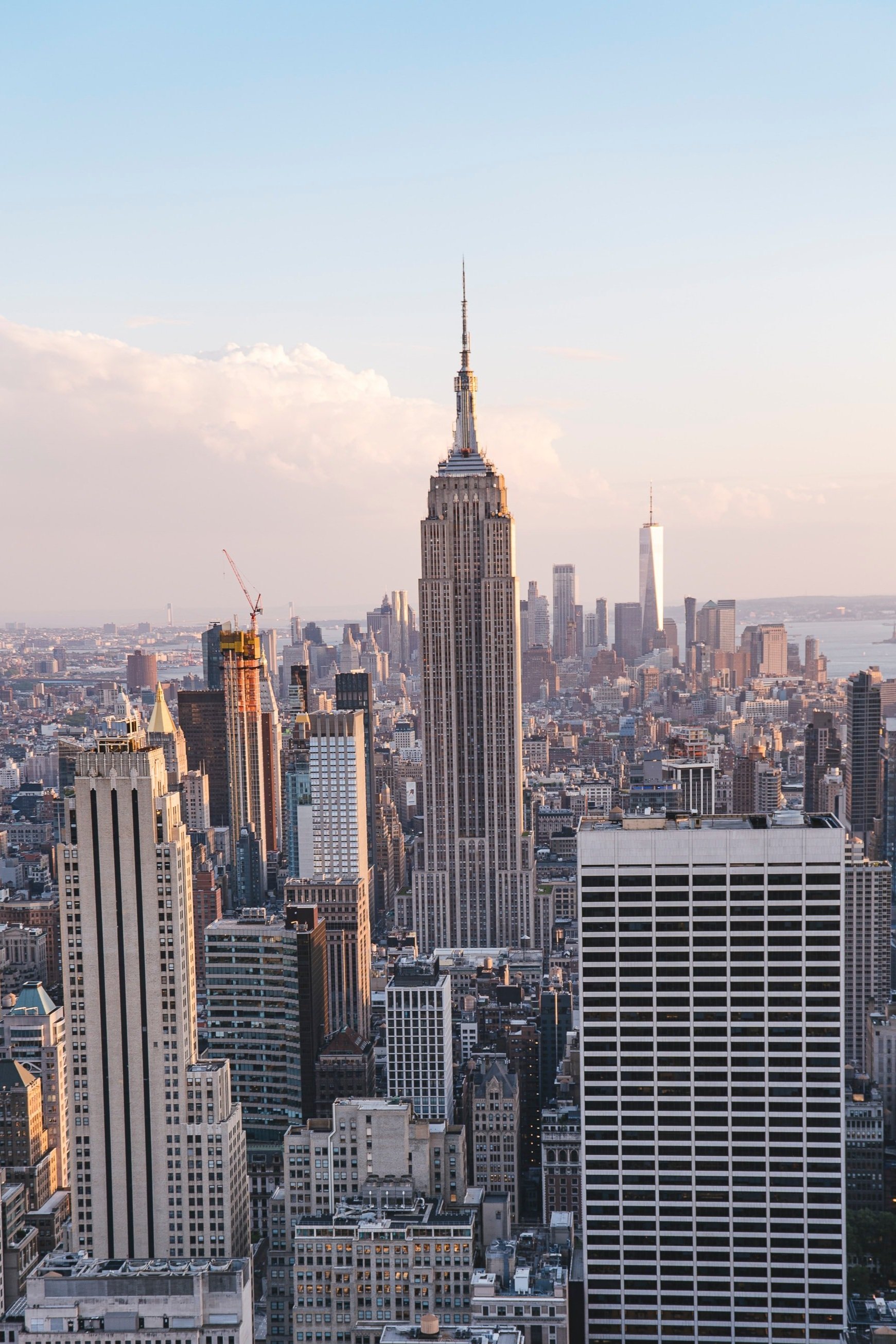What is a Tenant Protection Plan
A Tenant Protection Plan is required for any alteration, construction, or partial demolition work in a multiple dwelling building where any dwelling will be occupied during construction. The TPP outlines the steps that the contractor and building owner will take to protect tenants when construction or renovation occurs while tenants are living in the building. The goal of the TPP is to avoid or limit service disruptions and lessen the negative impacts of construction. A TPP must be submitted prior to construction if any occupancies are remaining occupied during construction.
The TPP must include detailed and specific provisions for tenant protection during construction regarding:
Egress,
Fire safety,
Health requirements,
Compliance with housing standards,
Structural safety,
Noise restrictions and,
Maintaining essential services.
Tenant Protection Plan Compliance Inspection Requirements
The goal of the Tenant Protection Plan Compliance special inspection is to provide enforcement of the TPP. According to the 2022 NYC Building Code, Section 1705.26.1, the special inspector is required to conduct inspections of the TPP:
Before construction/demolition begins,
At the start of construction/demolition,
Once a week throughout the duration of construction/demolition,
After a violation of the TPP has been issued to verify that the violation was fixed,
When location or operations of construction have changed and require a modification of the methods of protection.
The inspector must keep a written record of the inspections performed for the TPP and maintain a log of these inspections at the job site. This log must include an entry for each inspection and indicate that the alteration or construction operation is being performed in accordance with the tenant protection plan. Copies of the special inspection log book should be maintained at the job site and at the office of the special inspector, and should be available for review until the TPP Compliance inspections are complete.
Tenant Protection Plans, and thus TPP Compliance inspections, are not required when the scope of work is limited to a three-family home, the interior of a single dwelling unit of an occupied multiple dwelling with no disruption to the essential services of other units (where such dwelling is owner occupied), or the interior of a single dwelling unit of an occupied dwelling three stories or less.
EP Inspections and Commissioning is fully equipped to conduct Tenant Protection Plan Compliance inspections on your residential work. Contact us today.





